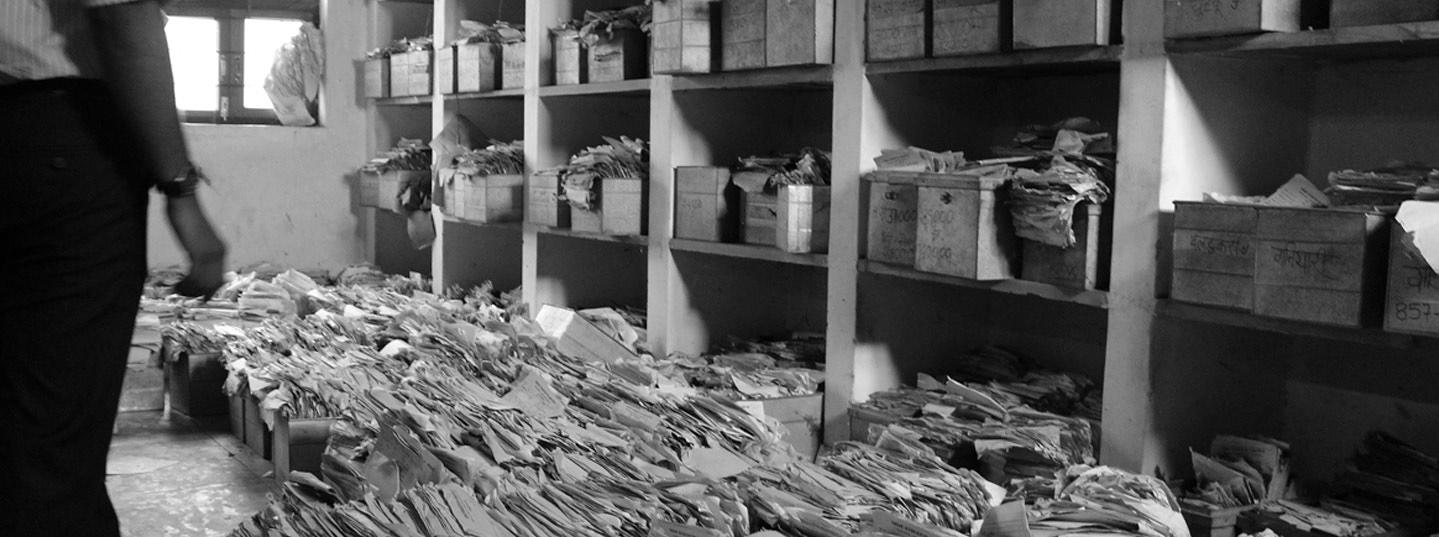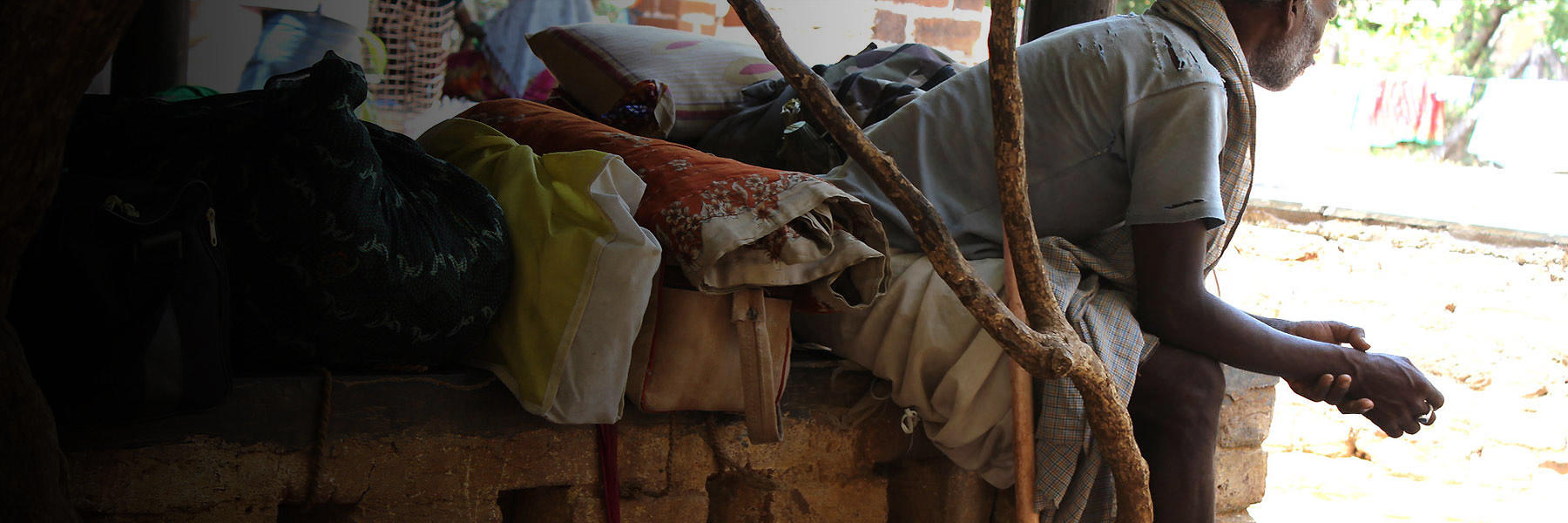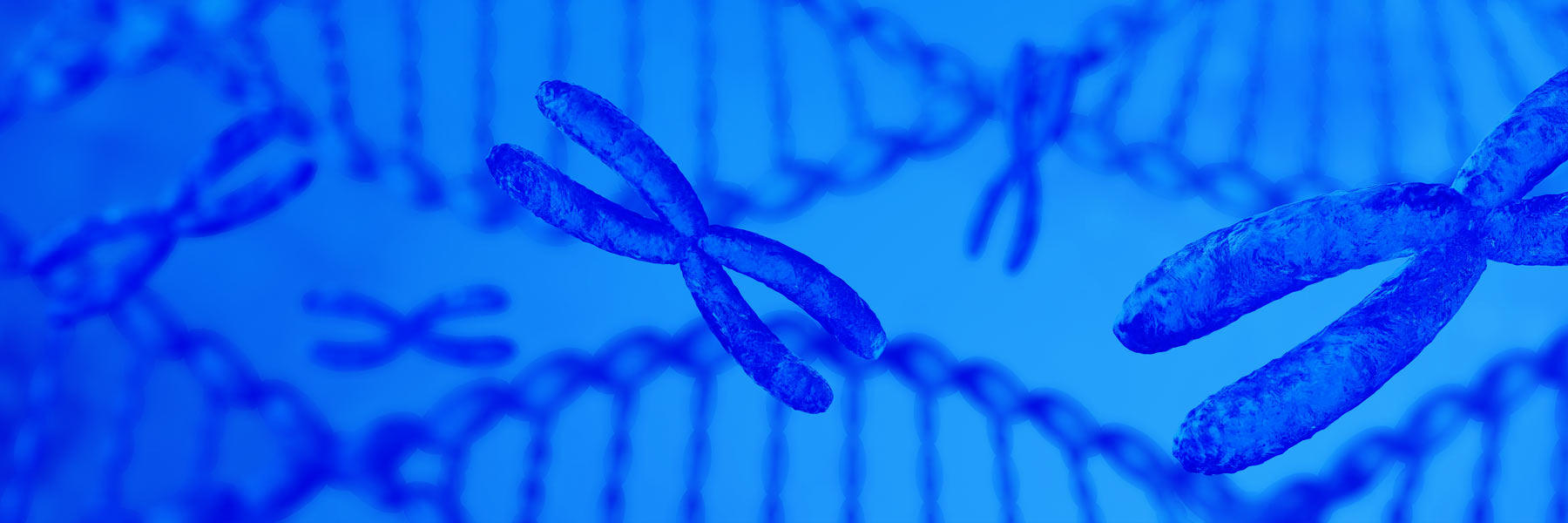Jan Swasthya Sahyog (JSS) is a voluntary, non-profit society of health professionals delivering low-cost healthcare in the rural and tribal regions of Bilaspur, Chhattisgarh. For over 25 years, JSS has operated a community health program anchored by a rural hospital, with outreach centers in three remote villages. Their mission is unwavering: to ensure no one is denied healthcare due to poverty, caste, gender, religion, or social class.
Reaching the limits of legacy
JSS has long been a pioneer in accessible rural healthcare, but faced mounting challenges. Their existing Hospital Management Information System (HMIS) — an old version of Bahmni — could no longer keep pace with growing demands and the need for integration with India’s national healthcare backbone, the Ayushman Bharat Digital Mission (ABDM). Performance issues and outdated infrastructure were hampering daily operations and limiting patient care.
Billing and inventory management, powered by a decade-old version of Odoo, had also slowed down significantly, frustrating frontline staff and delaying critical administrative processes. JSS needed a robust, high-performance system that could preserve their historical data, meet modern compliance standards, and support their expanding workload.
A longstanding partnership reignited
Thoughtworks’ partnership with JSS began in 2012 with the co-creation of Bahmni. Bahmni is an open source hospital information management and e-medical records system that Thoughtworks created and has nurtured since 2012. Designed for low resource settings, it is used to improve data management and access, and by extension, standards of care. Since then, the relationship has continued through ongoing technical support and strategic advice. When JSS identified the need for a major system upgrade and integration with the national health infrastructure, this longstanding collaboration provided a strong foundation for the next phase of work.
Our approach
This was a significant system upgrade, delivered through a phased and strategic approach:
Firewall upgrade: First, we replaced an obsolete firewall system that had become a bottleneck for access and posed security risks. By deploying a supported open-source firewall, we laid the foundation for safer, faster connectivity across the organization.
Test environment creation: JSS lacked a testing space for safe user validation. We deployed a full Quality Assurance environment, seeded it with metadata and test data, and kicked off ABDM certification, navigating complex technical alignments with the National Health Authority.
Bahmni upgrade: We upgraded the EMR and laboratory components, bringing the system up to current standards while maintaining continuity with historical data.
Odoo upgrade: The outdated ERP integration needed a complete overhaul. We partnered with a third-party vendor to help modernize the billing and inventory systems, ensuring data migration, workflow continuity, and improved performance. Importantly, the work was structured to benefit not just JSS, but the wider Bahmni community. These updates made it easier for other hospitals, dependent on older versions of Bahmni, to adopt newer releases and improve their systems as well.
We worked closely with them to:
Migrate over a decade’s worth of data.
Preserve critical workflows and reporting structures.
Ensure enhancements could be ported back into the open-source Bahmni product for broader community benefit.
This cross-functional collaboration ensured knowledge transfer, long-term maintainability, and broader ecosystem value.
Creating a lasting impact
The transition delivered meaningful improvements in day-to-day operations:
Performance: The upgraded systems reduced downtime, accelerated billing workflows, and improved overall responsiveness.
User satisfaction: Staff reported greater efficiency in managing patient records, with the billing team particularly noting faster data entry and reduced turnaround time.
Compliance: Successful ABDM milestone 2 certification allowed JSS to integrate with India’s digital health infrastructure, unlocking interoperability, data access, and long-term scalability.
Open source contribution: Enhancements from this project fed back into the core Bahmni product, supporting newer features and future adopters.
The value of this work lies in its real-world effects: reduced delays, better data access and smoother operations for teams working in some of India’s most underserved areas.


This upgrade is more than just a technical milestone—it’s a reaffirmation of what’s possible when deep partnerships, social impact, and technology come together. For JSS, it means continuing to deliver life-saving care without compromise. For Thoughtworks, it’s a proud chapter in our commitment to creating more equity in global health.


















